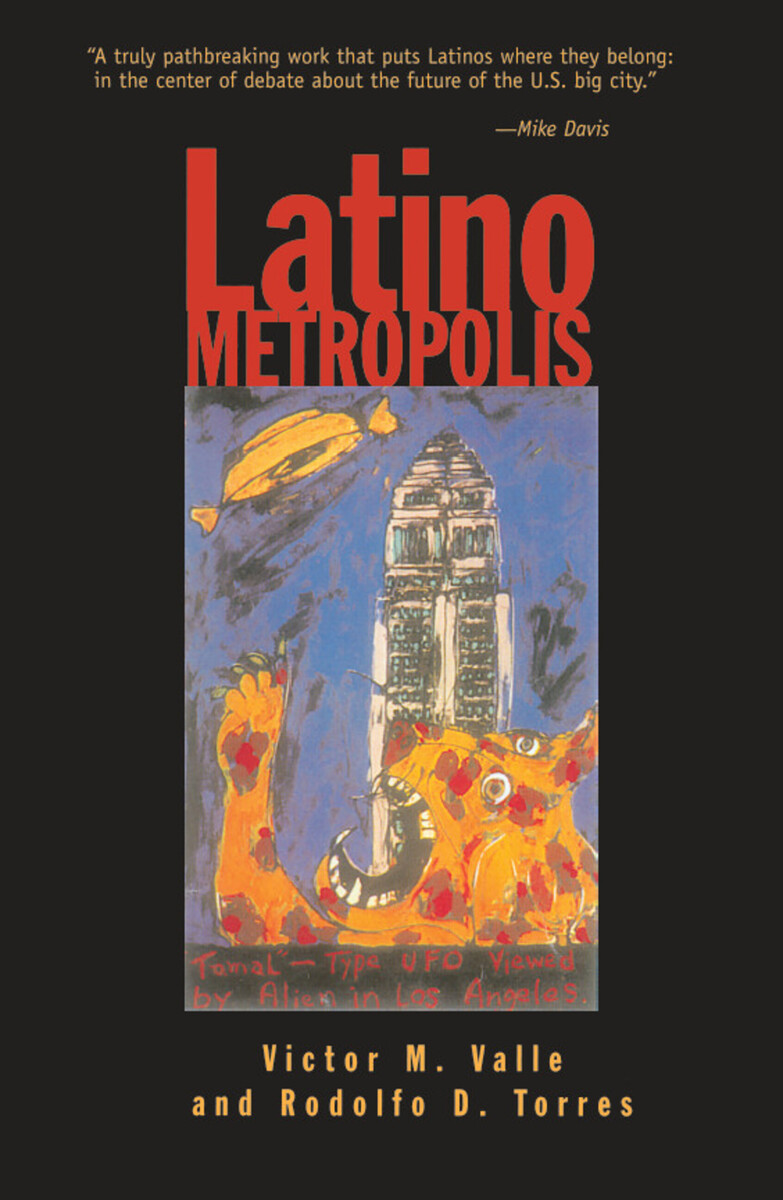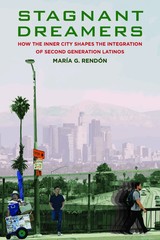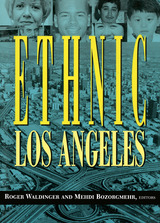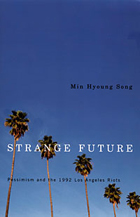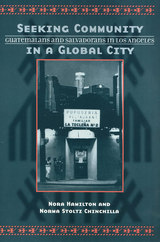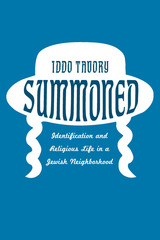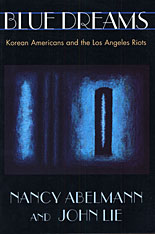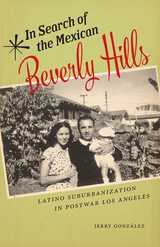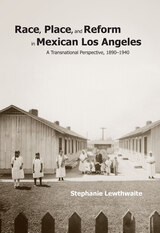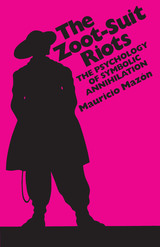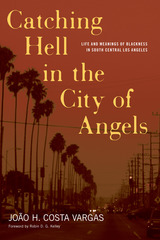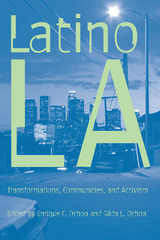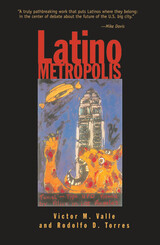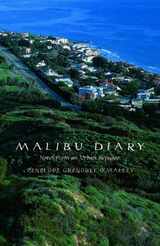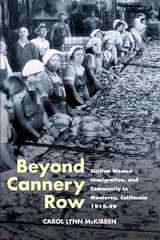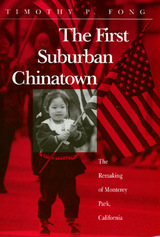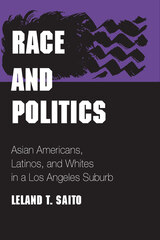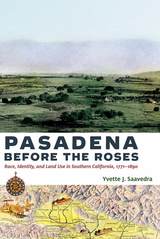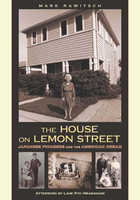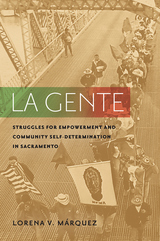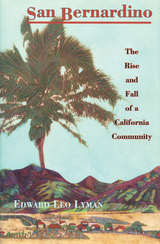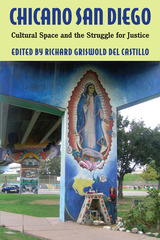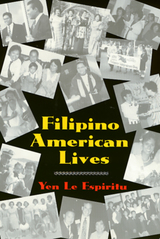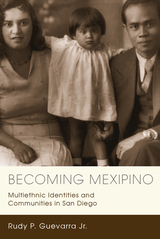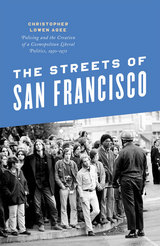Latino Metropolis
University of Minnesota Press, 2000
Paper: 978-0-8166-3030-1
Library of Congress Classification F869.L89S757 2000
Dewey Decimal Classification 320.97949408968
Paper: 978-0-8166-3030-1
Library of Congress Classification F869.L89S757 2000
Dewey Decimal Classification 320.97949408968
ABOUT THIS BOOK | TOC
ABOUT THIS BOOK
A readable look at culture and politics in Los Angeles through a Latino lens.
"The authors have taken careful observations and measurements of the political, economic and social factors that affect the Latino population, ranging from the globalization of the Southern California economy to the shrinkage in housing, schools and social services. Caught among these seemingly blind and irresistible forces, however, are human beings, and the authors issue a dire warning that we ignore the poor and disempowered among us at our own peril. Clearly, Latino Metropolis seeks to hold us all to the very highest standards when it comes to understanding and honoring the Latino traditions of California and accommodating the urgent needs of its growing Latino population. And the fact is that its verbal pyrotechnics serve their intended purpose--the authors manage to catch and hold our attention with the occasional verbal blow, and then they deliver a sober (and sobering) lecture on the hard realities of multiculturalism." Los Angeles Times
"Latino Metropolis is a significant work of scholarship on Los Angeles and Latinos that puts the political economy back into academic and public discourse. The authors' detailed descriptions, insightful analysis, and identification of 'strategic opportunities' for change make the book a must read for scholars, community activists, and policy makers concerned with city building and community organizing." New Political Science
Los Angeles: scratch the surface of the city's image as a rich mosaic of multinational cultures and a grittier truth emerges-its huge, shimmering economy was built on the backs of largely Latino immigrants and still depends on them. This book exposes the underside of the development and restructuring that have turned Los Angeles into a global city, and in doing so it reveals the ways in which ideas about ethnicity-Latino identity itself-are implicated and elaborated in the process. A penetrating analysis of the social, economic, cultural, and political consequences of the growth of the Latino working-class populations in Los Angeles, Latino Metropolis is also a nuanced account of the complex links between political economy and the social construction of ethnicity.
Lifting examples from recent news stories, political encounters, and cultural events, the authors demonstrate how narratives about Latinos are used to maintain the status quo-particularly the existing power grid-in the city. In media representations of riots, in the recasting (and "whitening") of Mexican food as Spanish-American cuisine, in the community displacement that occurred as part of the development of the Staples Center-in telling instances large and small, we see how Los Angeles and its Latino population are mutually transforming. And we see how an old Latino politics of "racial" identity is inevitably giving way to a new politics of class.
Combining political and economic insight with trenchant social and cultural analysis, this work offers the clearest statement to date of how ethnicity and class intersect in defining racialized social relations in the contemporary metropolis.
Victor M. Valle is associate professor of ethnic studies at California Polytechnic State University, San Luis Obispo. Rodolfo D. Torres is associate professor of education at the University of California, Irvine, where he teaches social policy and urban political economy.
"The authors have taken careful observations and measurements of the political, economic and social factors that affect the Latino population, ranging from the globalization of the Southern California economy to the shrinkage in housing, schools and social services. Caught among these seemingly blind and irresistible forces, however, are human beings, and the authors issue a dire warning that we ignore the poor and disempowered among us at our own peril. Clearly, Latino Metropolis seeks to hold us all to the very highest standards when it comes to understanding and honoring the Latino traditions of California and accommodating the urgent needs of its growing Latino population. And the fact is that its verbal pyrotechnics serve their intended purpose--the authors manage to catch and hold our attention with the occasional verbal blow, and then they deliver a sober (and sobering) lecture on the hard realities of multiculturalism." Los Angeles Times
"Latino Metropolis is a significant work of scholarship on Los Angeles and Latinos that puts the political economy back into academic and public discourse. The authors' detailed descriptions, insightful analysis, and identification of 'strategic opportunities' for change make the book a must read for scholars, community activists, and policy makers concerned with city building and community organizing." New Political Science
Los Angeles: scratch the surface of the city's image as a rich mosaic of multinational cultures and a grittier truth emerges-its huge, shimmering economy was built on the backs of largely Latino immigrants and still depends on them. This book exposes the underside of the development and restructuring that have turned Los Angeles into a global city, and in doing so it reveals the ways in which ideas about ethnicity-Latino identity itself-are implicated and elaborated in the process. A penetrating analysis of the social, economic, cultural, and political consequences of the growth of the Latino working-class populations in Los Angeles, Latino Metropolis is also a nuanced account of the complex links between political economy and the social construction of ethnicity.
Lifting examples from recent news stories, political encounters, and cultural events, the authors demonstrate how narratives about Latinos are used to maintain the status quo-particularly the existing power grid-in the city. In media representations of riots, in the recasting (and "whitening") of Mexican food as Spanish-American cuisine, in the community displacement that occurred as part of the development of the Staples Center-in telling instances large and small, we see how Los Angeles and its Latino population are mutually transforming. And we see how an old Latino politics of "racial" identity is inevitably giving way to a new politics of class.
Combining political and economic insight with trenchant social and cultural analysis, this work offers the clearest statement to date of how ethnicity and class intersect in defining racialized social relations in the contemporary metropolis.
Victor M. Valle is associate professor of ethnic studies at California Polytechnic State University, San Luis Obispo. Rodolfo D. Torres is associate professor of education at the University of California, Irvine, where he teaches social policy and urban political economy.
See other books on: California | Hispanic Americans | Los Angeles | Los Angeles (Calif.) | Race identity
See other titles from University of Minnesota Press
